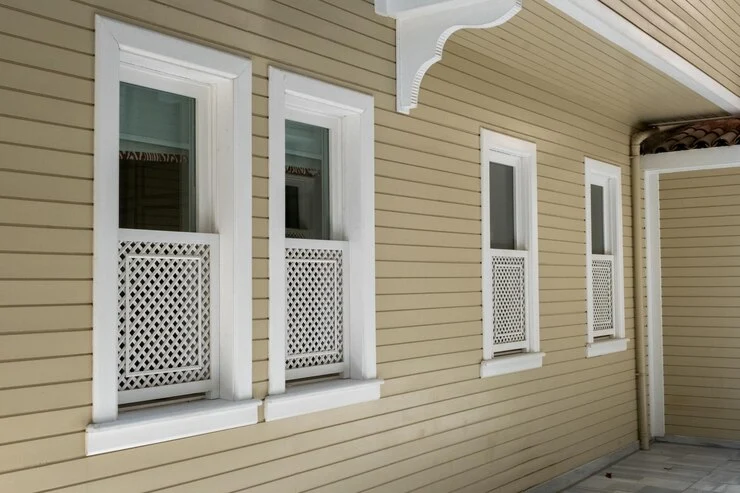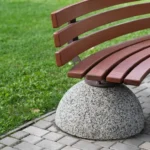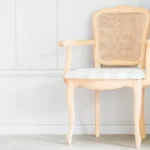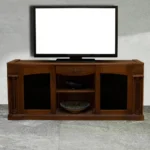Picking the right windows for your home is essential. The decision between ivory vs white windows exterior can impact your property’s look and feel. Both options are well-liked, but they have different features. These differences affect your home’s aesthetic, maintenance needs, and performance. Here, we’ll compare ivory and white windows to help you make an informed decision based on your preferences and home requirements.
What Are Ivory and White Windows?
Before diving into the comparison, it’s important to understand the fundamental differences between ivory and white windows.
- Ivory Windows: Ivory windows have a soft, off-white appearance with subtle beige or yellow undertones. This color provides a warmer, more traditional look that can blend seamlessly with various architectural styles, especially those with classic, vintage, or rustic designs.
- White Windows: White windows are bright and clean, with no undertones. They offer a crisp and timeless appearance, making them suitable for both contemporary and traditional homes. White is a versatile and popular choice due to its ability to complement any exterior color, from bold hues to neutral tones.
Key Differences: Ivory vs White Windows Exterior
Aesthetic Appeal
The look of your windows can greatly impact your home’s curb appeal. The color you choose will set the tone for your entire exterior design.
- Ivory: If you prefer a softer, warmer aesthetic, ivory windows will offer that subtle elegance. This color works particularly well for homes with earthy or natural tones like stone, brick, or wooden exteriors. Ivory adds a vintage or rustic charm to your property, making it a great choice for farmhouse, colonial, or Mediterranean-style homes.
- White: White windows provide a clean, sharp, and bright look. If you want your windows to stand out and create a modern, minimalist vibe, white is the way to go. This color is especially suitable for contemporary homes, cottages, and properties with sleek lines and modern designs.
Durability & Maintenance
When selecting windows, durability and maintenance are crucial factors. Both ivory and white windows can be durable, but how they maintain their look over time can vary.
- Ivory: One of the advantages of ivory windows is that they tend to hide dirt, dust, and minor scratches better than white windows. This means that ivory windows may not require as frequent cleaning. However, over time, ivory windows can still show signs of wear, especially in areas with heavy dirt accumulation or environmental pollutants.
- White: White windows can be more prone to showing dirt, smudges, and stains. This makes them slightly higher-maintenance, as you may need to clean them more frequently to keep them looking pristine. On the plus side, the bright white color is easier to touch up if it starts to show signs of aging or wear.
Energy Efficiency
While the color of windows doesn’t play as large a role in energy efficiency as other factors (like window material and insulation), it can have a minor impact on how your home manages heat.
- Ivory: Ivory windows are slightly darker than white, meaning they may absorb a bit more sunlight. This can be beneficial in cooler climates, as the warmth absorbed by ivory windows can help keep your home cozy in winter. However, in extremely hot climates, this additional heat absorption may cause a minor increase in cooling costs.
- White: White windows tend to reflect more sunlight, helping to keep your home cooler in hot climates. This can be particularly advantageous if you live in an area with intense summer heat. Reflecting sunlight can reduce the need for air conditioning, which may lead to lower energy bills during summer months.
Longevity
Both ivory and white windows are durable, especially when made from high-quality materials like vinyl, fiberglass, or aluminum. However, they each have different longevity factors.
- Ivory: Ivory windows may age more gracefully, as the color can mask the effects of dirt and weathering over time. Additionally, ivory windows are less likely to fade or discolor as quickly as pure white windows, especially in areas with heavy sun exposure.
- White: White windows, while durable, may require more care to maintain their original look. Over time, the bright white color may fade slightly in areas with intense sunlight or harsh weather conditions. Regular cleaning and maintenance are essential to keep them looking fresh.

Which Color Works Best for Your Home?
Consider Your Home’s Style
One of the most important factors in choosing between ivory and white windows is the architectural style of your home.
- Traditional and Rustic Homes: If your home has a more traditional or rustic design, ivory windows may be the perfect choice. The warm tones of ivory complement vintage and country-style aesthetics, enhancing the charm of older homes. Ivory works well with materials like wood, brick, and stone.
- Modern and Minimalist Homes: For modern, minimalist, or industrial-style homes, white windows are a top choice. The clean, bright finish of white windows suits contemporary designs and can make the entire exterior feel more airy and spacious.
Think About Your Climate
The climate where you live affects how your windows perform.
- Hot Climates: If you live in a region with high temperatures, white windows are generally a better choice. Their reflective properties help reduce heat absorption, keeping your home cooler and more comfortable during the summer months.
- Cold Climates: If you’re in a colder region, ivory windows can help create a cozier, warmer atmosphere. The slight absorption of heat can contribute to better insulation during winter, helping to maintain a comfortable indoor temperature.
Neighborhood Aesthetic
Consider the overall look of your neighborhood when making your choice. If most homes in your area have white windows, choosing white will likely maintain consistency with the local style. On the other hand, if your neighborhood has more rustic or traditional homes, ivory may better suit the local aesthetic.
Pros and Cons of Ivory and White Windows
Ivory Windows
Pros:
- Soft, warm appearance that complements traditional and rustic designs.
- Less likely to show dirt, dust, and small imperfections.
- Ideal for vintage and country-style homes.
Cons:
- Requires cleaning more frequently in areas with high dust or dirt levels.
- Slightly higher maintenance in hot climates as they absorb more heat.
White Windows
Pros:
- Clean, bright, and timeless look that suits a variety of home styles.
- Reflective qualities can help keep your home cooler in hot climates.
- Easy to touch up and repair if they begin to show wear.
Cons:
- Shows dirt and stains more easily, requiring more frequent cleaning.
- Can fade or discolor over time with sun exposure.
Conclusion: Which Is the Best Choice for You?
Choosing between ivory and white windows depends on your home’s style, climate, and personal preferences. White windows have a timeless, bright, and clean appearance. They are adaptable and match well with nearly any exterior color. Ivory windows, on the other hand, provide a traditional, warm aesthetic. They add a vintage feel, especially for rustic or colonial-style homes.
Both options can enhance your home’s curb appeal. The key is to choose the one that suits your lifestyle, maintenance preferences, and desired look. Consider long-term care and how the color fits with your home’s design to make the right choice.









